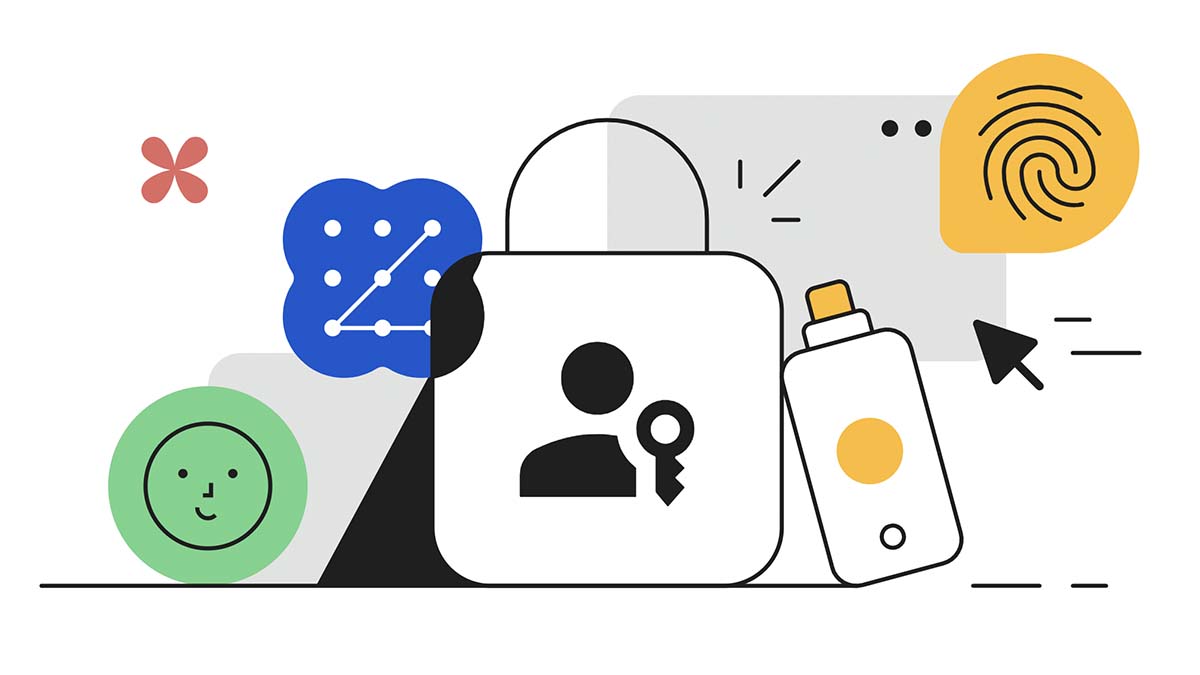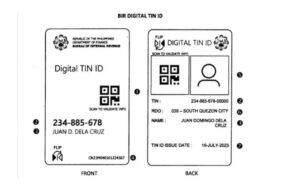
Safer Internet Day, which takes place in February of each year, aims to raise awareness of a safer and better internet for all, and especially for children and young people. To commemorate the occasion, Google shares insights into online security trends and offers tips on how they ensure the protection of user data against scams and breaches.
During Google’s Safer Internet Day 2024 presentation at its Philippine office, it was revealed that the Philippines ranks prominently in global searches for keywords such as “malinformation” (top 1), “cybercrime” (top 4), “phishing” (top 7), “malware” (top 5), “fraud” (reached a 13-year high in search volume), “scam” (up by 40% vs. 2022, a 17-year high), “one-time password” (top 10), and “password strength” (top 8).
These trends are a reflection of the evolving internet landscape and the rising interest in cybersecurity.

As part of Safer Internet Day and beyond, Google shares the following internet safety practices to help you stay protected online:
- Install the latest OS and updates. Turn on auto-updates for your device and web browser and don’t ignore the warnings or notifications. Keeping your software up-to-date not only improves performance but also provides essential security updates, guarding against new threats. If you’re using an Android device, ensure that Google Play Protect is activated automatically to shield your phone and data from malicious apps and harmful activities.
- Use Password Manager. Google Password Manager is a free, built-in tool that helps you create, store, and manage secure passwords for all your online accounts. Its autofill feature not only makes logging into websites and apps quicker and easier but also checks your saved passwords for weaknesses, such as reuse across accounts or exposure in data breaches.
- Secure your accounts with passkeys. Passkeys, like fingerprints or face ID, offer a simple but secure alternative or another layer to passwords. They can keep your accounts safe against phishing since they are stored on your device.
- Run regular Security Checkups. Google Security Checkup is a simple, step-by-step tool within your Google Account that helps you review and improve your online security. This helps you in finding and addressing security issues in your digital assets, including connected devices and third-party app access.
- Review your data settings: Run a deeper checkup to see whether all your apps and accounts are above-board. Make sure you’re not sharing any data you’re not really comfortable giving away, and look through each app and site to see if you’re okay with their terms and conditions, and settings.
- Avoid suspicious links. Take a moment before clicking any online or SMS links. Double-check their legitimacy, and if anything seems off, report them immediately.
- Don’t give in to pressure. Scams and frauds—whether online, over the phone, or in person—rely on you getting pressured, nervous, and careless in making decisions. If you feel rushed or if something seems unusual, take a moment to assess the situation. You don’t have to act immediately, and if you’re not given time to pause, it may be a sign that something is not right.
- Check the facts. Before posting or sharing, verify first the information you see online and ensure it’s from a trusted source. Using Google Search, check the way it’s written or said, who shared it, and other details about the post.
Check out safety.google for more information, tools, and resources about internet safety.


















.jpg)





